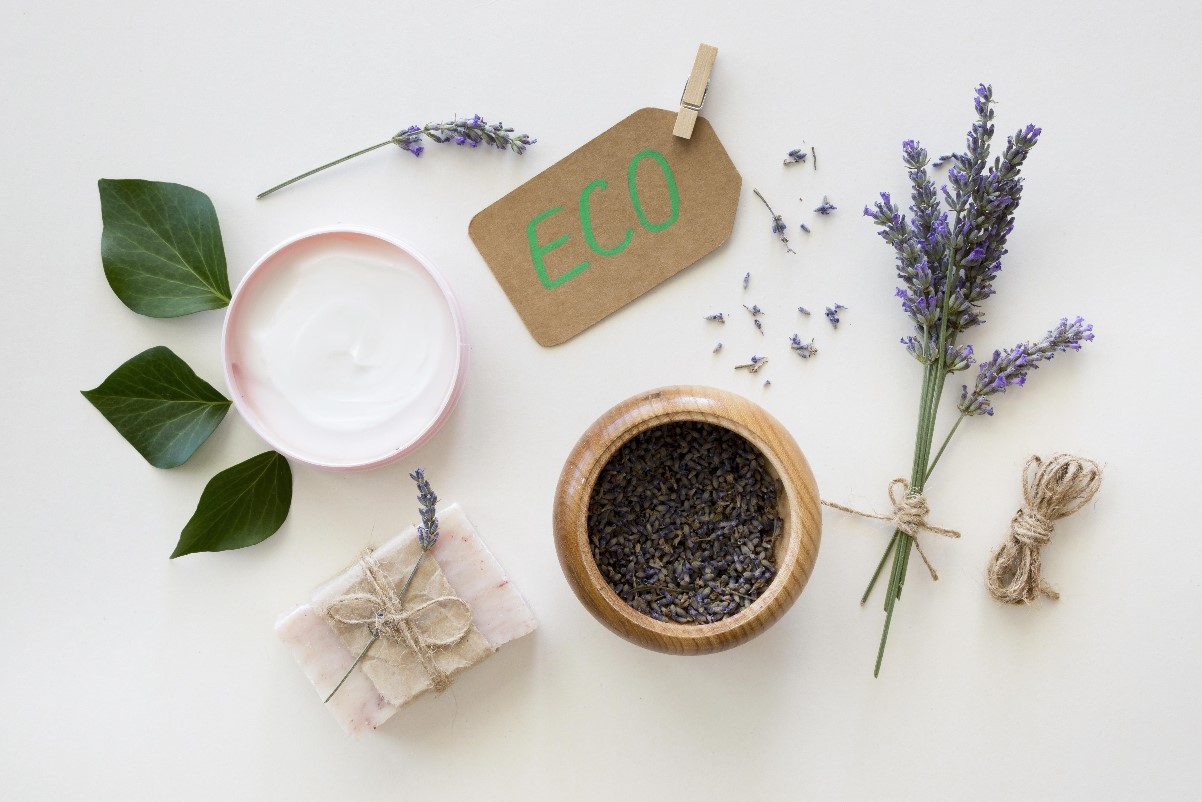
You make decisions about healthy care, but the names of categories of cosmetics give you a headache? Do not know the difference between organic and ecological products? Each of them has its own definition, so it is worth getting to know them
It seems that each of the above-mentioned names have something in common or mean the same thing, only they are synonymous with the word “natural”. This often leads to shopping mistakes. A natural cosmetic is one that has any element of natural origin in its composition and this is the broadest group of products. Often, one natural ingredient entails more than a dozen synthetic additives. These products are not the same as the word “organic” or “organic”. So why such differences in nomenclature?
Errors most often result from ambiguous translation of terms that are presented in the original English or French spelling. Often the foreign phrases do not have Polish equivalents and hence the errors appear. Another fact is that foreign companies often misuse these words in advertisements of their products, which in turn is related to the lack of legal regulations in this area
>> See also Silicones in cosmetics – which ones are dangerous for the skin?
Organic products have not been clearly defined. It is assumed that such a cosmetic must consist of 90% organic ingredients. Other nomenclature again assumes 95% or even 98% of such ingredients. In Poland, it is conventionally accepted that it is 90%. Organic plant ingredients are products derived from certified crops, which are subject to continuous rigorous controls. During their cultivation is prohibited the use of pesticides, fertilizers or GMOs. Organic farming uses natural methods to strengthen plants and fight pests and diseases
In the production of cosmetics can not use mineral oils, phthalates, parabens, SLS and artificial dyes. Restrictions also apply to packaging. They must be made of natural materials, which are recyclable. If the product is not 100% organic, the packaging must list which ingredients are organic and which are natural
Organic Cosmetics
These products are referred to as “eco” or “eco friendly”. In them counts more than natural or organic composition. These are cosmetics that should consist mostly of completely environmentally friendly ingredients. Plants must come from certified crops, promoting balance and biodiversity
Moreover, organic farming excludes the use of a number of chemicals and even sewage sludge. The regulations are even stricter than for organic crops. In addition, they attach great importance to transportation. What does this mean? Substances necessary for the production of cosmetics can not be transported over long distances, so they should be produced from local plants
Advertisements of cosmetic companies move with the times, which means that nowadays everything is advertised as “all-natural”, “eco-friendly” or “organic”. How not to be fooled? For starters, you should learn to read the ingredients. Admittedly, this is a tedious task, but extremely useful. If we do not have a head for it, it is worth choosing products of reputable brands, which can boast of relevant approvals. They testify to what standards a given cosmetic meets. The most popular certificates include
Guided by these certifications, we can be almost sure that we have chosen a cosmetic well
Photo source: Designed by Freepik